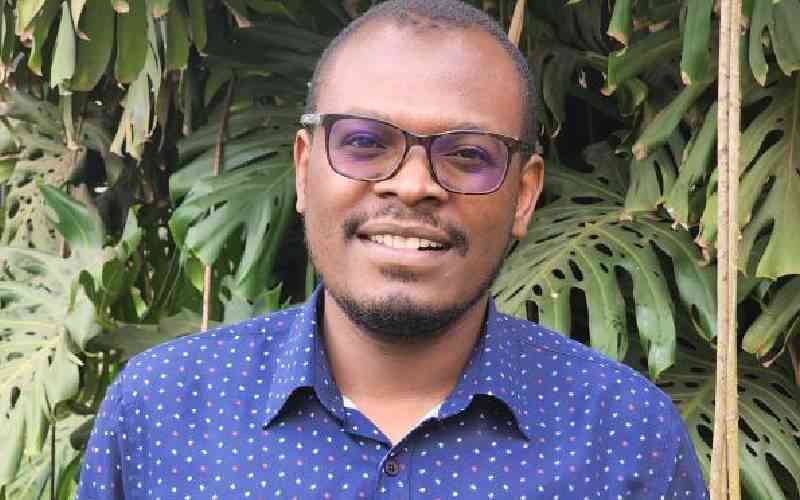×
The Standard e-Paper
Stay Informed, Even Offline

With climate change escalating in severity, the threat to pastoralists' way of life has never been more dire. To address this crisis, substantial investments have been made in drought risk financing, providing financial protection to pastoralists during severe droughts. Numerous organisations have joined forces to safeguard livestock and livelihoods in vulnerable regions.